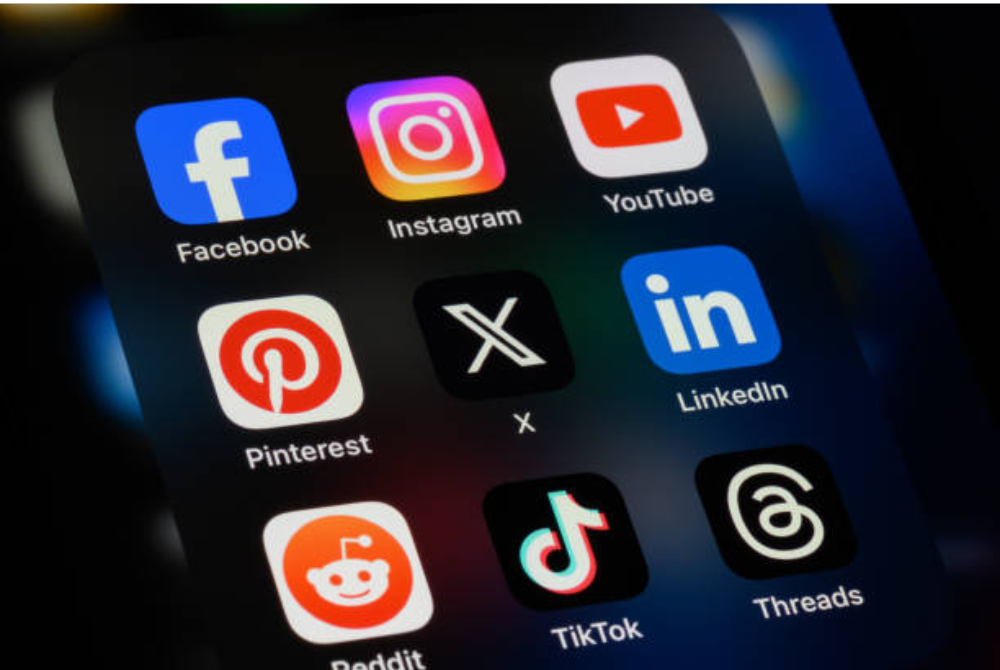Social media licensing: A step towards safer online space or censorship?
Is Malaysia becoming a surveillance state?

SHAH ALAM - Experts have warned that the government's recent licensing rule for social media should not be wielded as a political weapon to silence opposition voices.
The policy, which has initiated widespread debate, was intended to regulate content and ensure responsible use, but there are concerns about potential misuse.
To this, Universiti Teknologi Mara (UiTM) Communication and Media Studies senior lecturer Dr Abdul Aziz Azizam has revealed that Malaysia is among the countries with the highest number of content take-downs from TikTok.
"If these new policies aim to silence political opposition, they should not be used as a political weapon because that is not fair," he told Sinar Daily when contacted.
Abdul Aziz stressed the need for transparency and accountability from the government, particularly regarding criticism.
"The government should be open and honest with the public, especially when it comes to critics.
"Critics should have their own space to express their views responsibly.
"The government doesn't need to be overly defensive; public feedback, including criticism can be beneficial," he said.
He cited the removal of videos by Terengganu Menteri Besar Datuk Seri Dr Ahmad Samsuri Mokhtar as an example of actions lacking clear justification.
"If the government genuinely aims to promote harmony and positive objectives with these new policies, clear justifications for such actions are necessary," he said.
In a related matter, Abdul Aziz also highlighted the potential benefits of licensing in fostering responsibility and safer social media interactions.
"Licensing can ensure more harmonious interactions and make individuals feel safer on social media.
"However, there is no one-size-fits-all rule for managing social media globally," he said, suggesting that enhancing the authenticity of user accounts could help maintain accountability.
He also pointed out that freedom of speech comes with responsibilities.
"If everyone understands this, there is no need to worry about freedom of speech being impacted by this policy," he added.
Meanwhile, Universiti Teknologi Mara (UiTM) Centre for Media and Information Warfare Studies senior lecturer Dr Noor Nirwandy Mat Noordin echoed the sentiment that freedom of speech must align with national values and laws.
"Freedom of speech must adhere to the Federal Constitution and Rukun Negara.
"Article 10(1) assures freedom of speech, but we must also consider 10(2), 10(3), and 10(4), as well as our national identity," he said.
Nirwandy also believes the policy can maintain national harmony and stability.
"The policy is good for maintaining national harmony, stability, and unity, respecting our cultural values based on federal regulations and the Rukun Negara," he said.
He also stressed the importance of preparing for the potential misuse of new technologies like artificial intelligence (AI).
"This policy helps us prepare for the impact of AI and generative AI, which could be harmful if misused.
" It ensures our national values and public security in the context of human security," he said.
The Malaysian Communications and Multimedia Commission (MCMC) has announced that a new regulatory framework will be introduced to regulate social media and internet messaging platforms through licensing.
The framework, set to be introduced on August 1, 2024, and enforced from January 1, 2025, will require all social media and messaging platforms with at least 8 million registered users in Malaysia to apply for an Applications Service Provider Class license under the Communications and Multimedia Act 1998.
The move reportedly aims to curb the rise of cybercrimes, including online scams, cyberbullying, and sexual crimes against children.










